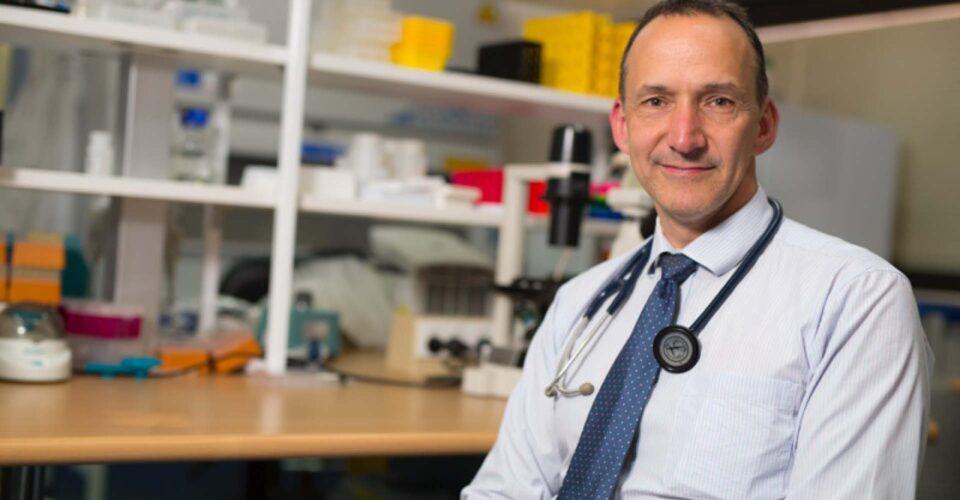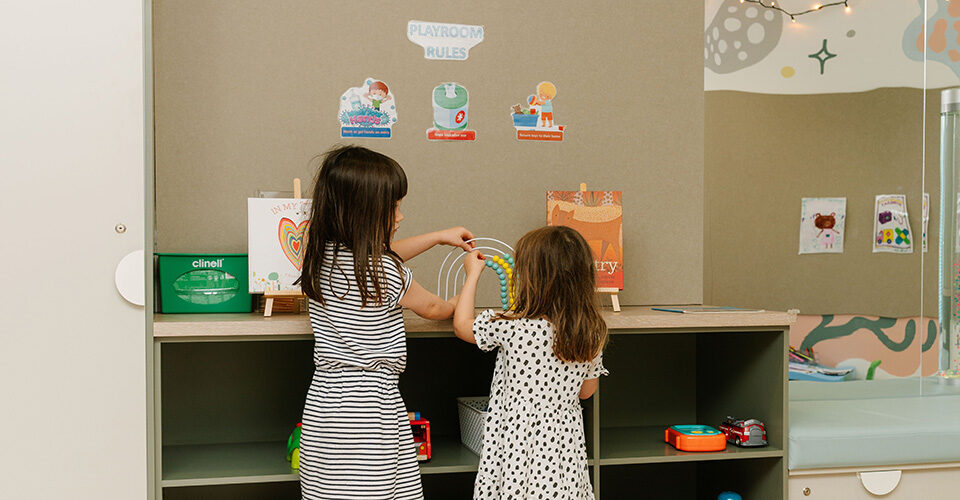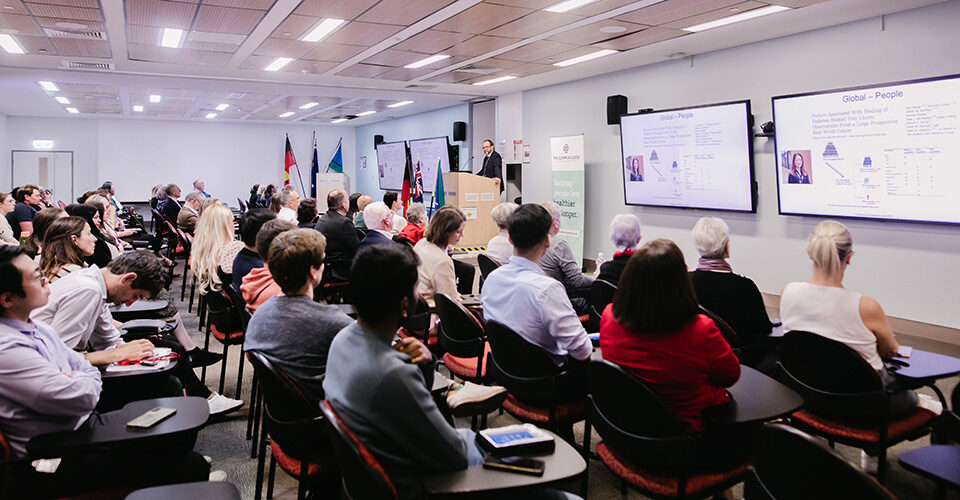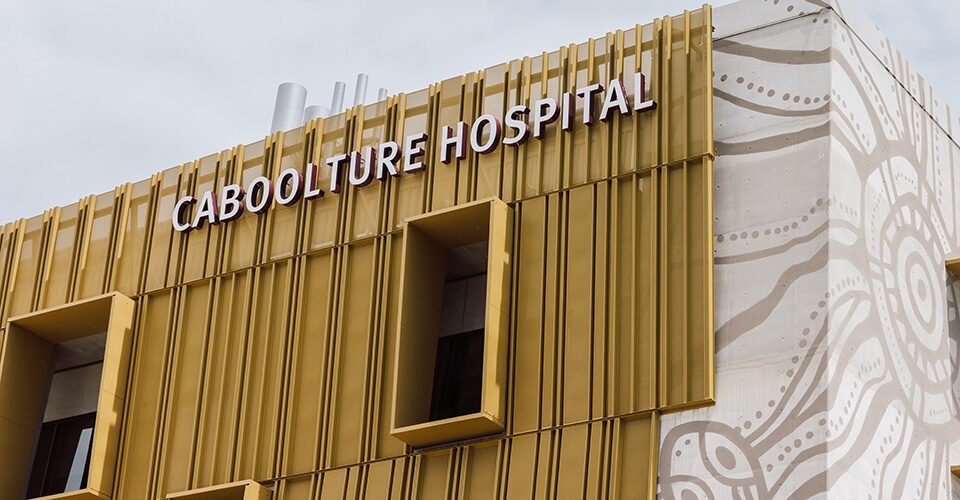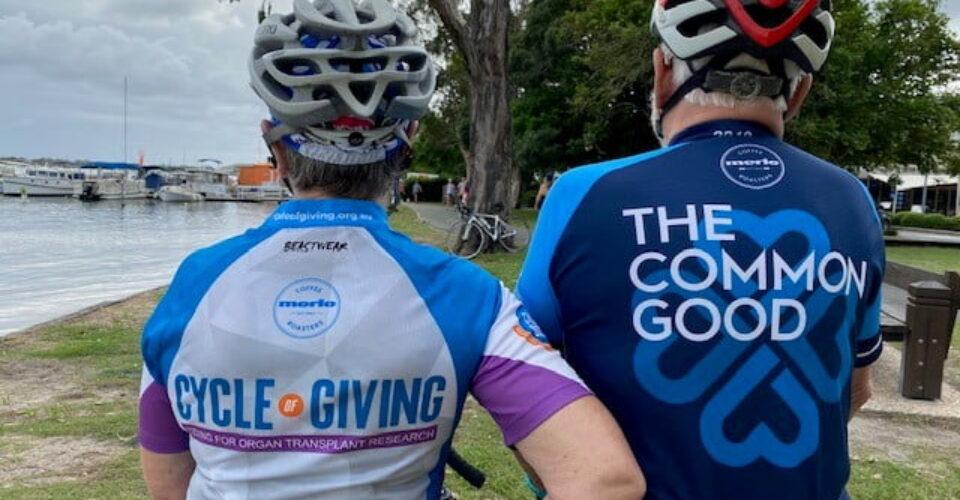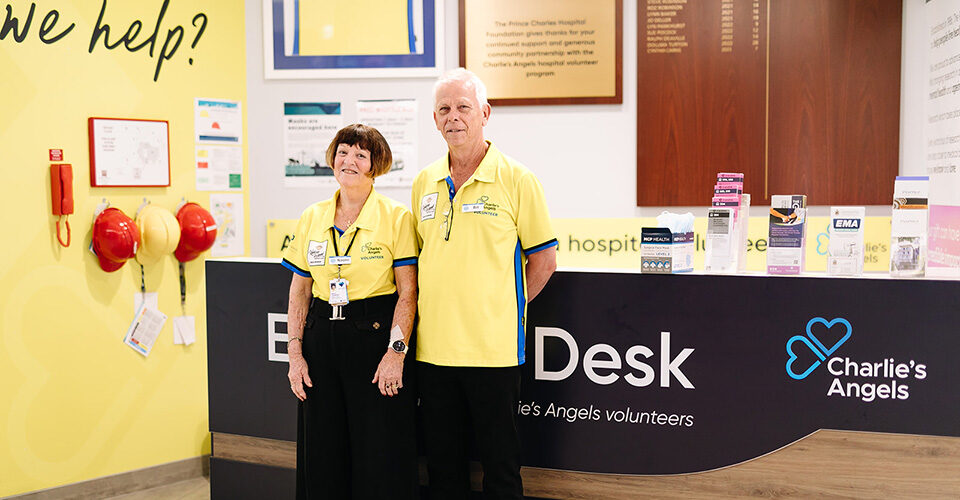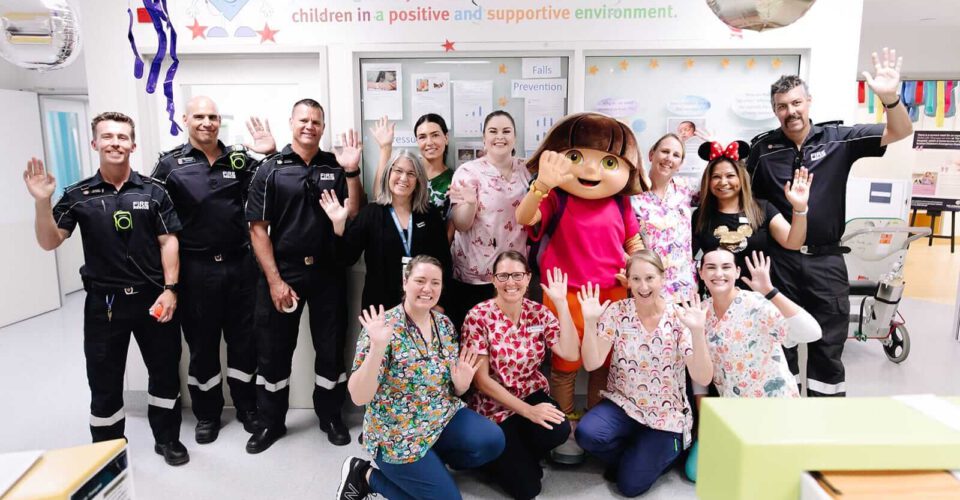50% of lung transplant patients will experience rejection within five years of transplant and the prospect of a second transplant; scary odds for someone who’s just gone through the major life change and trauma of transplant surgery. At The Prince Charles Hospital Dr Dan Chambers is exploring the use of stem cells to increase the life-expectancy of these patients.
Dr Chambers is leading a nationwide study using stem cell therapy to treat lung transplant rejection and improve acceptance rates and transplant lung function in patients – vastly improving their odds and quality of life.
This study is the largest lung stem cell therapy study in the world, and could completely revolutionise treatments for all sorts of diseases. It even has the potential to translate to other organ failure such as liver or kidney.
Clinical trials are underway with the collection of specific cells, which have been identified as being “reprogrammed” during treatment with mesenchymal stromal cells (MSCs), from patients with lung rejection before and after MSC treatment. These cells will form the base of further testing to identify the effectiveness of stem cell therapy – does it work, and if it does how is it working? Understanding the answers to these questions could be the beginning of a revolutionary treatment for lung rejection.
Together with the Prince Charles Hospital Foundation and the University of Queensland, Dr Chambers’ hope is to establish a dedicated lung stem cell therapy centre at The Prince Charles Hospital.
Support The Common Good here.
